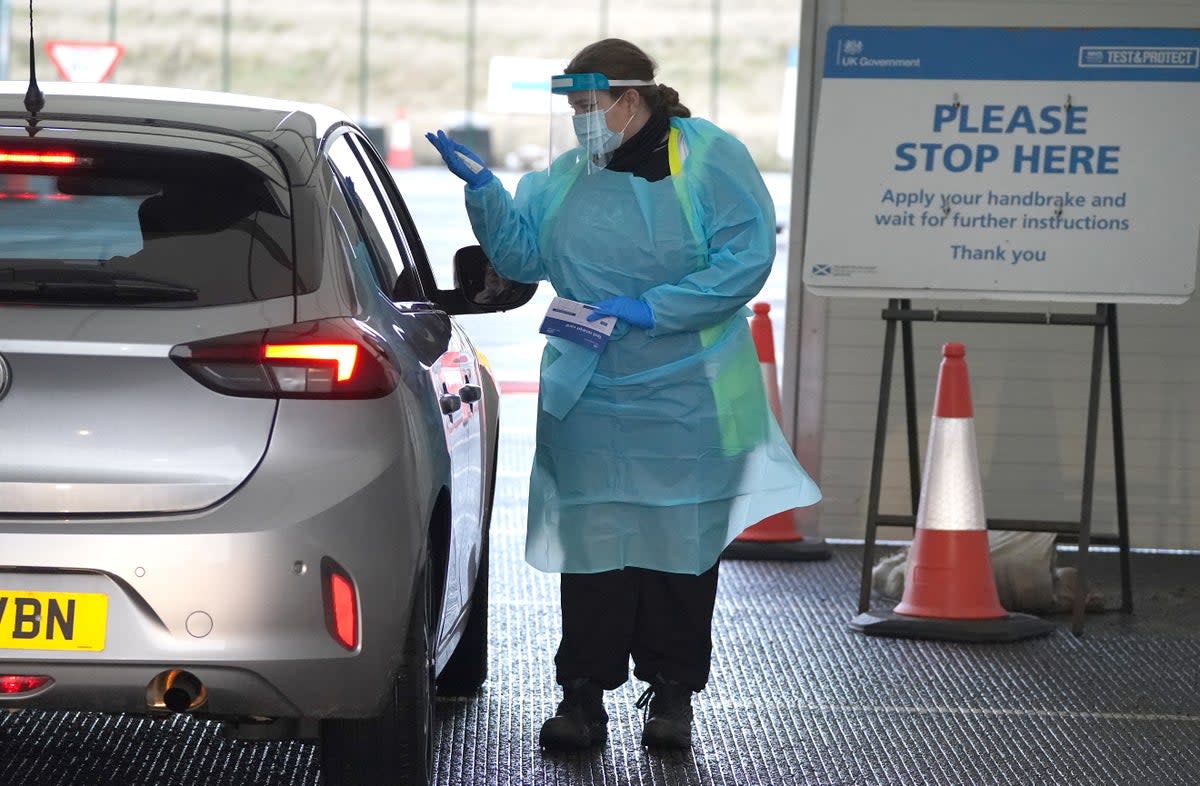Blunder at Covid lab which mixed up positive and negative tests ‘could have killed 20 people’

A blunder at a lab which led to thousands of positive Covid-19 cases reported as negative could have led to the deaths of 20 people, new estimates from the UK Health Security Agency show.
The Immensa laboratory, in Wolverhampton, was found to have misreported around 39,000 PCR tests as negative when they should have been positive between September 2 and October 12, 2021 - mainly in the South West of England.
Many people are likely to have continued with their daily life as a result, rather than self-isolate.
Experts from the UK Health Security Agency (UKHSA) have estimated that the blunder led to about 55,000 additional infections.
It is the second time that the laboratory has been found to have reported inaccurate results, after being suspended by NHS Test and Trace in October 2021.
Ministers awarded Immensa a £119 million contract in October 2020 to urgently “develop volume for PCR testing for Covid in line with test and trace requirements”.
The contract did not go to tender under rules allowing urgent responses to the pandemic.
The firm, which was incorporated in the UK in May 2020, later received another £50 million from the Government for PCR testing.
Richard Gleave, UKHSA director and lead investigator, said: “Through this investigation we have looked carefully at the arrangements in place for overseeing contracts of private labs providing surge testing during this time.
“We have concluded that staff errors within Immensa’s Wolverhampton laboratory were the immediate cause of the incorrect reporting of Covid-19 PCR test results in September and October 2021.
“It is our view that there was no single action that NHS Test and Trace could have taken differently to prevent this error arising in the private laboratory.”
Jenny Harries, UKHSA chief executive, said: “I fully accept the findings and recommendations made in this report, many of which were implemented as soon as UKHSA discovered the incident.
“These ongoing improvements will enhance our ability to spot problems sooner where they do arise.”

 Yahoo Movies
Yahoo Movies 
